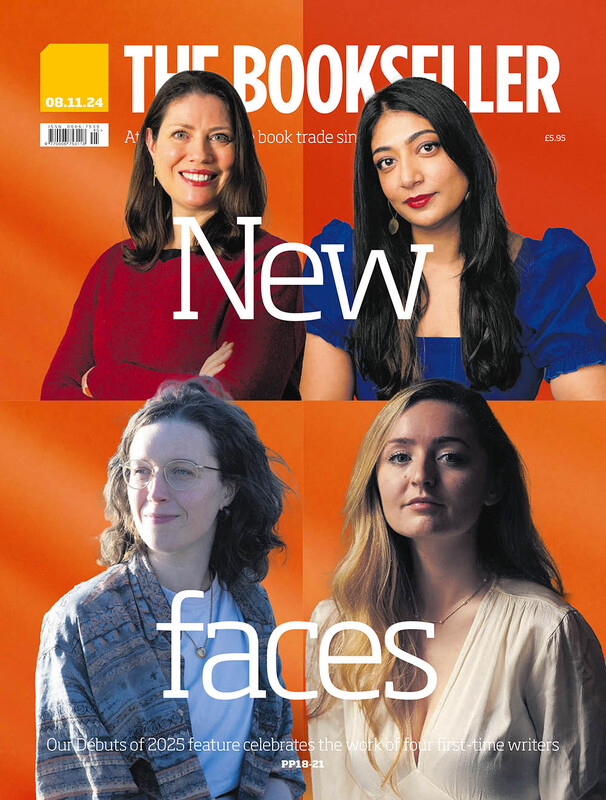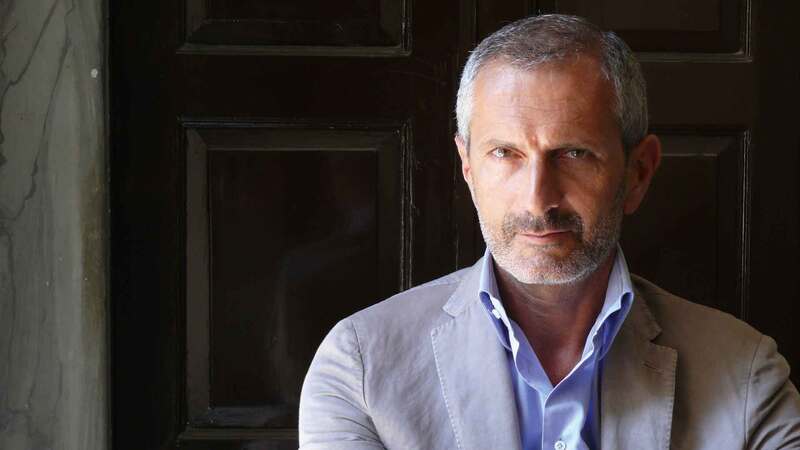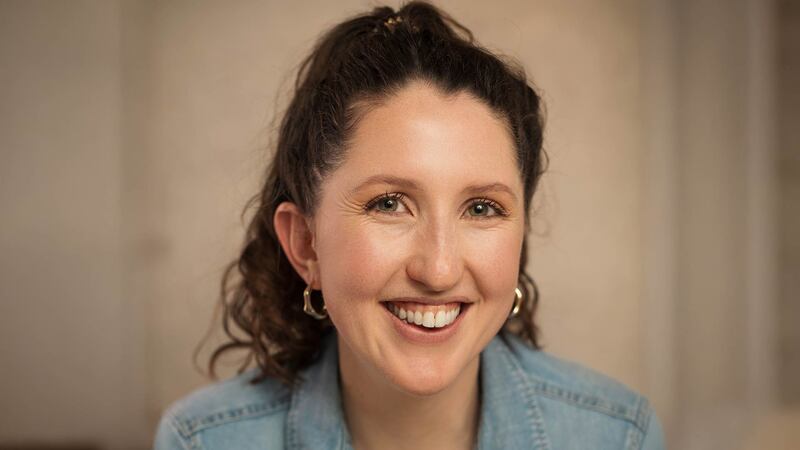You are viewing your 1 free article this month. Login to read more articles.
Lauren Owen: Interview
If authors use their childhood as food for thought, then it’s no wonder Lauren Owen’s novel The Quick is a gothic thriller which opens in a dank Yorkshire mansion.
In an upbringing straight out of a Frances Hodgson Burnett novel, from the age of nine Owen grew up in the gatehouse of Escrick Park, an 18th-century mansion which was converted into a girls’ boarding school, which she attended. Her father worked at the school, and she remembers exploring the house and its grounds during the holidays and wondering who lived there centuries ago.
Combine that with Owen’s love of all things Dracula and 19th-Century gothic, and you get a good idea of the richly immersive world of Owen’s The Quick.
Opening towards the end of the Victorian era, it introduces brother and sister James and Charlotte, growing up in their ancestral pile in Yorkshire. The plot accelerates and soon James becomes a prosperous young graduate bound for London, where he meets the rakish Christopher Paige, a society boy with an insatiable appetite for the London party scene.
The two men develop a relationship, as much to their surprise as anyone else’s, but unfortunately their romance is short-lived—one evening on their way to Oscar Wilde’s house, they are violently attacked by a vampire. This is where the novel takes a sharp turn into dark, supernatural territory, and the story twists from coming-of-age to night of the undead. James is forced to come to terms with his new identity within the confines of the mysterious Aegolius Club, a high-end gentlemen’s club in an exclusive London postcode. But Charlotte is determined to find out why her brother’s correspondence has stopped, and sets out for London herself.
“I was very into ghosts and the supernatural as a kid,” Owen says. “The idea of telling ghost stories was a big part of my childhood; I used to tell ghost stories to my two little sisters.” The first vampire story Owen came across as a child was Robert Swindells’ Whitby-set Room 13, which gave her “a few sleepless nights. I was quite into late-Victorian literature and the atmosphere of those 10 or 20 years at the end of the Victorian era,” Owen says, “and at university I studied people like Wilde and Sir Arthur Conan Doyle, so the book is a response to my love for that era and the writing of the time.”
Set in the grand drawing rooms of Mayfair and the plush residences of London’s elite, The Quick is a very different vampire story: the supernatural element is a big reveal rather than the premise of the novel. “What I was aiming for was the idea of people in a vampire novel not knowing they’re in a vampire novel,” Owen explains. “As a reader you don’t know you’re in a vampire story until x number of pages, so I like that idea, and I like the reactions people have had.”
Blood ties
Owen wanted to properly establish James and Charlotte’s story before launching into the blood and gore, and for this reason The Quick reads much like a traditional Victorian novel of three parts. The first takes in the siblings’ strange and isolated but affluent childhood spent amid the Yorkshire estate, with echoes of The Secret Garden or I Capture the Castle; the second is James’ coming-of-age as a playwright in London’s literary echelon; and the final part is a supernatural thriller which explores the violence and hierarchy in a world none of the main characters introduced in the first two parts knew existed.
“[The concept] with that was the idea of gothic terror and the sudden, violent vampire attack happening to very fully realised characters, who have a past and a childhood, and their own ghosts and their own problems. So that was my aim with the change in tone, and hopefully there’s a kind of arching back to the beginning in the final chapter,” Owen says.
The biggest love story in the book is that between James and Charlotte—their pure, sibling affection for one another and their determination to protect each other drives the novel away from being an angsty Twilight affair.
“In modern representations of the vampire, the vampire is a metaphor for sex and romantic relationships, but in earlier depictions of the vampire there is more leeway into folklore,” Owen says. “There’s the idea of the vampire coming back to his family and sickening them and the rest of the village with his attacks, so that was part of the choice.
“I think family relationships are very interesting; the idea of what you tell the people who are closest to you and what you don’t tell them—or what you’re able to tell them, and whether or not being able to tell them everything about yourself means that your love for your family is not complete.”
The Quick by Lauren Owen will be published by Jonathan Cape on 3rd April.














